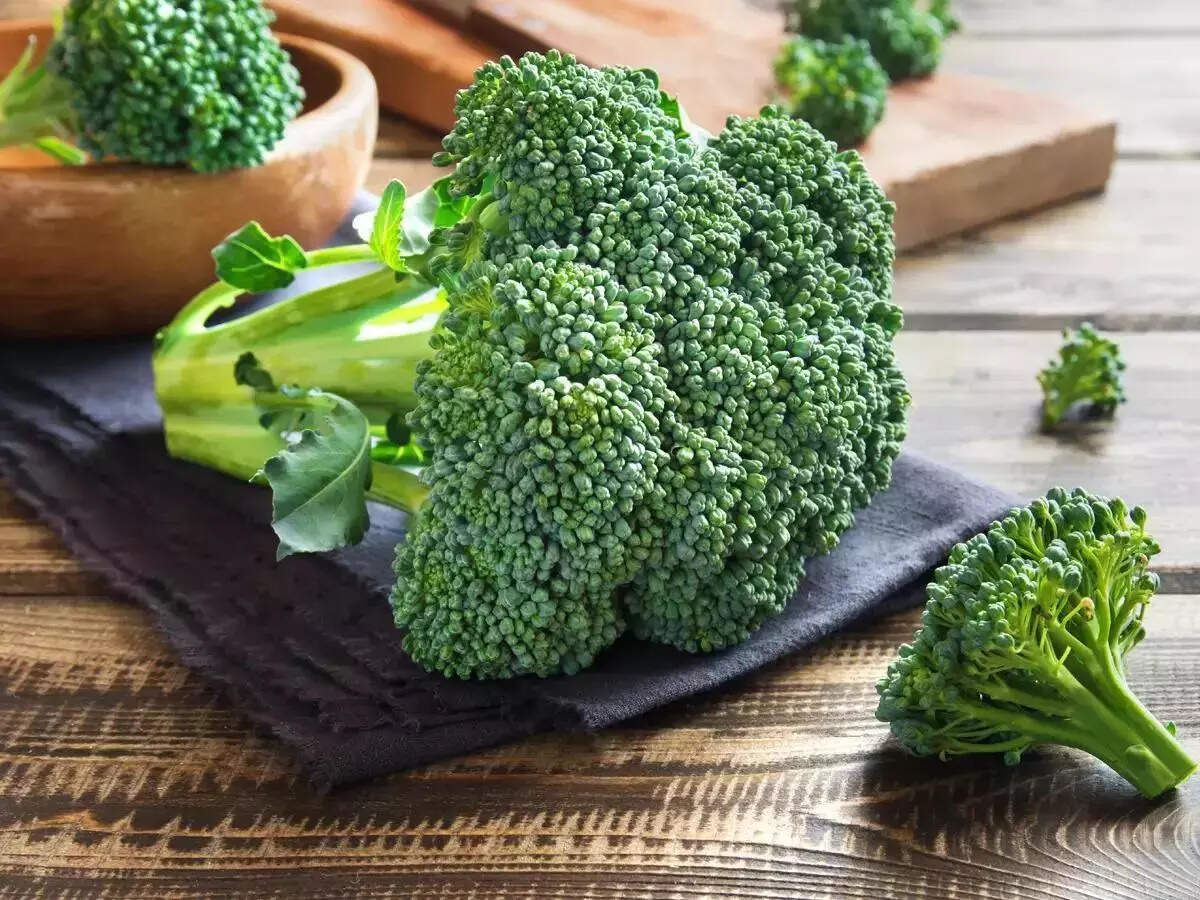Broccoli vs. Cauliflower: Which One Deserves a Spot on Your Plate?
When it comes to superfoods , broccoli and cauliflower often share the limelight. Both vegetables are nutrient-dense and offer a variety of health benefits, but how do they stack up against each other? Let’s break down their nutritional profiles and explore which one might be the better choice for your health goals.
Nutritional Snapshot
Here’s a quick look at the nutritional values per cup of broccoli and cauliflower:
Broccoli:
Calories: 30
Protein: 2g
Carbohydrates: 6g
Fiber: 2g
Sodium: 29mg
Cauliflower:
Calories: 27
Protein: 2g
Carbohydrates: 5g
Fiber: 2g
Sodium: 32mg
Health Benefits of Broccoli and Cauliflower
Key Nutritional Differences
Which Vegetable Should You Choose?
Both vegetables offer unique advantages, and the best approach is to enjoy a mix of both. Choose broccoli for its rich vitamin and antioxidant profile and cauliflower for a low-calorie, versatile option that works well in low-carb diets. Incorporate them alongside other nutrient-dense vegetables like spinach, zucchini, and tomatoes to create a well-rounded, healthful diet.

Nutritional Snapshot
Here’s a quick look at the nutritional values per cup of broccoli and cauliflower:
Broccoli:
Calories: 30
Protein: 2g
Carbohydrates: 6g
Fiber: 2g
Sodium: 29mg
Cauliflower:
Calories: 27
Protein: 2g
Carbohydrates: 5g
Fiber: 2g
Sodium: 32mg
Health Benefits of Broccoli and Cauliflower
- Antioxidant Boost: Both veggies are packed with antioxidants that help reduce inflammation, combat cellular damage, and protect against chronic diseases.
- Cancer Prevention: Rich in cancer-fighting compounds, these cruciferous vegetables have been linked to a lower risk of cancers like colon, lung, and breast cancer.
- Heart Health: High fibre content in both broccoli and cauliflower aids in lowering blood pressure and cholesterol, promoting cardiovascular health.
Key Nutritional Differences
- Calorie and Weight Management: Cauliflower’s slightly lower calorie count makes it a great option for those focusing on weight control. Broccoli, however, provides more energy and folate, supporting cell growth and repair.
- Bone Health: Broccoli edges out cauliflower in manganese content, benefiting bone strength and arthritis management.
- Vitamin Content: Broccoli outshines cauliflower with higher amounts of vitamins A, C, and K. These vitamins are essential for immune support, skin health, and proper blood clotting.
- Healthy Fats: Broccoli contains more polyunsaturated fats, which promote satiety and stabilize blood sugar.
- Calcium Contributions
- One cup of broccoli provides about 4% of the daily calcium requirement, supporting bone strength and muscle function. Cauliflower contributes slightly less but remains a good source of this essential nutrient.
Which Vegetable Should You Choose?
Both vegetables offer unique advantages, and the best approach is to enjoy a mix of both. Choose broccoli for its rich vitamin and antioxidant profile and cauliflower for a low-calorie, versatile option that works well in low-carb diets. Incorporate them alongside other nutrient-dense vegetables like spinach, zucchini, and tomatoes to create a well-rounded, healthful diet.
Next Story